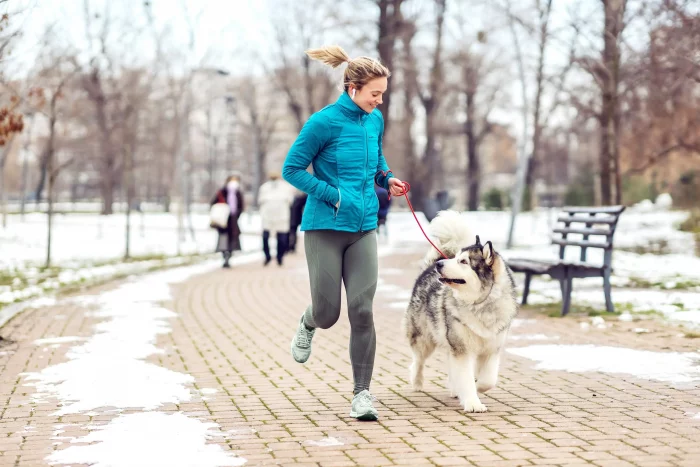How to manage varicose veins in winter
If you suffer with varicose veins, you may notice that your condition is affected throughout the year by the different seasons. Now the winter months are beginning to set in, Dr Deepak Vishwanath, Consultant Interventional Radiologist at Veincentre, shares his advice and top tips on varicose veins in the winter.
How can the weather affect your veins?
The hot summer weather can cause the veins to dilate as your body tries to maintain a stable temperature. As the veins dilate, they can become more visible and symptoms like aching, itching and throbbing can feel worse. In comparison to this, cold weather can help the condition in some ways. The cold weather causes the veins and blood vessels to shrink to maintain body temperature. This makes the blood flow more easily but also makes the veins less visible. As a result of the improved blood flow, varicose vein symptoms may feel less severe. However, it is important to note that the underlying problem is still present and will need to be managed.
What factors can affect varicose veins in winter?
There are certain factors that need to be considered during the cold months; while the blood flow may be improved, being less active, gaining weight and the change in atmospheric pressure are all things that may hinder your varicose veins. Atmospheric pressure is often higher in the winter than in the summer, and this can cause more stress within the veins which may worsen the symptoms. Exercise is definitely recommended to help ease this and relieve symptoms.
We generally undertake less physical activity in the winter months as we prefer to stay cosy and avoid being out in the cold when we can. However, a more sedentary lifestyle can lead to weight gain and make varicose vein symptoms worse over time due to the increased pressure in the legs. It is important to still maintain some level of physical activity in the winter to help the blood flow and manage the symptoms associated with varicose veins.

What are the top tips to manage varicose veins in winter?
We recommend getting out into the fresh air for a walk, to get the blood pumping. If you want to stay in the warmth, home workouts are another good way to keep your activity levels up. A number of free workouts are available online for you to try.
Additional tips that we would recommend during the cold months is to stretch daily and elevate your legs. Stretching the legs and or elevating the legs eases varicose vein symptoms like aching, restlessness and throbbing as the blood flows freely in the correct direction and thereby reduces any inflammation and swelling. These simple actions require minimal effort, can be undertaken while watching a Christmas film or sitting by the fire.
We also advise you to drink plenty of water and eat a balanced diet. Drinking water helps to improve your circulation, by thinning the blood and also in turn helps the muscles which support the veins in functioning better. The easier the blood circulation, the less pressure that the veins will be under. Your food choices unfortunately cannot prevent varicose veins, however your circulation can be benefitted by eating a balanced diet and maintaining hydration, leading to a reduction in your symptoms. The vitamins, nutrients and antioxidants contained in certain foods may reduce inflammation and lower your blood pressure. We would recommend incorporating foods like raw nuts and seeds, green vegetables, grapes and beetroot into your diet.
For further advice and support, contact our patient advisory team on 01782 753960.
